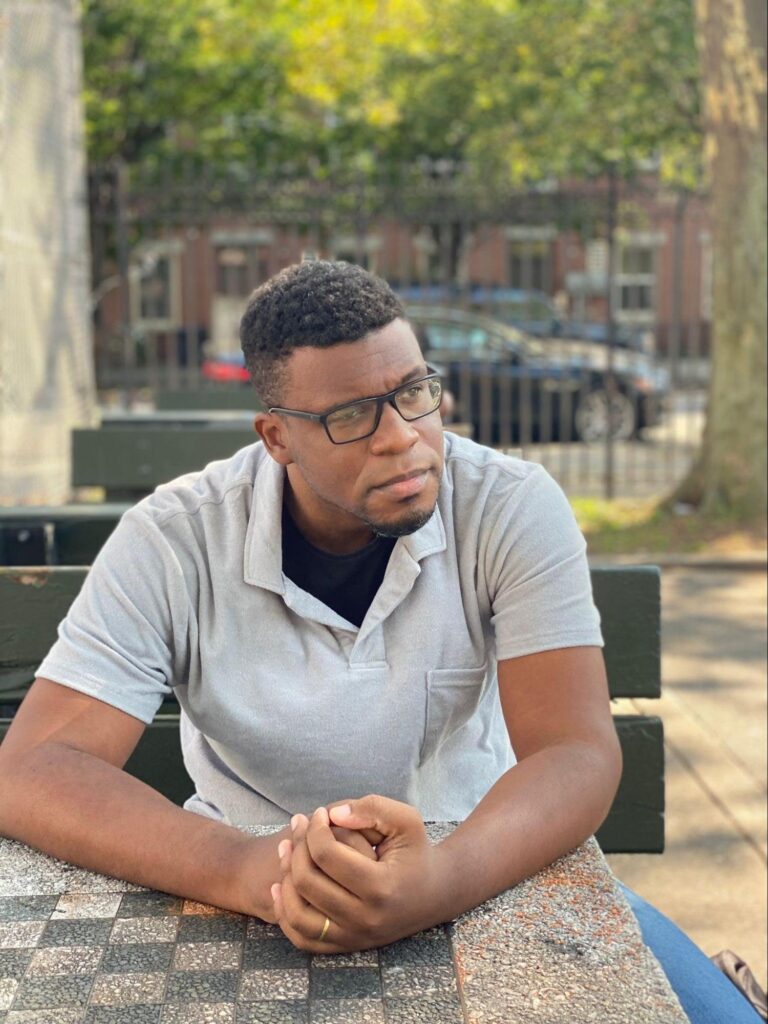Marcello Corrêa is a 32-year-old Brazilian journalist. Before moving to New York, he worked for O Globo newspaper as a Business and Economics reporter for nine years in Rio de Janeiro and Brasilia. He’s a graduate student at New York University and has a communications degree from Federal University of Rio de Janeiro. In his own words, Marcello tells us where he is coming from.
I decided to become a journalist because I like to write. That happened back in 2006, when I needed to choose what I wanted to study in college. Since then, my list of reasons to explain my career choices got broader and more complex. I learned about journalism’s role in helping people to make sense of the world and giving voice to those who are not usually listened to. I also got familiar with the struggles of the news industry to fulfill this mission. Figuring out how to solve those problems is one of the main drivers of my work today.

Most of my worldview and opinions about journalism were shaped while working in the field. Before moving to New York to study, I covered macroeconomics and economics policy at O Globo, a major newspaper in Brazil, my home country.
The way I see journalism today is strongly influenced by my years in a traditional and national news organization. I was able to learn from some of the best professionals in the field and also do some work that I’m proud of. I’ve also seen new challenges arise in a fast-changing world, where it’s important not only to do great journalism, but to rethink your strategy to make sure you’re reaching the public where they are.
I noticed some of these challenges when I was covering a pension reform proposed by the Brazilian government in 2019 that would completely overhaul the pension system for both private sector employees and public workers. By then, I was working in Brasilia (Brazil’s capital) and could explain to anyone the details of how that bill would change people’s lives for decades. I wrote a lot about it, but I remember how lost in the news cycle some of my non-journalist friends and family members were during that coverage. My job was to keep up with the issue. But it was hard for them to follow what was going on and sort the reliable reporting from misinformation.
So that’s one big thing that you should know about me: I’m worried about people getting lost and finding it hard to understand the world around them. When that happens, democracy is in danger. I believe we should do a better job maintaining and improving the press. That’s why I’m at NYU studying new ways to build trust, innovate and adapt the industry to better serve communities.
But it’s not only professional experiences that shape how I see the world, so I’d also like to share some personal background here. I was born and raised in Rio de Janeiro. When asked about the city, I tend to talk more about issues like public security and inequality than about beautiful beaches (they are really beautiful and free, but pretty far from the majority of the population there).
You should also know that I’m a Black man and I’ve been reflecting a lot about my racial ancestry for the last few years. I’m coming from a country that was one of the latest to abolish slavery. It has been shaped by a false notion of racial democracy, which says that in Brazil there really is no discrimination or prejudice against non-whites, especially as compared to the U.S. That idea has blocked a deeper conversation around racism for years. Recently, authors such as Silvio Almeida and Djamila Ribeiro have overcome that block and become popular voices in Brazil. Their work inspires me to find ways to use my role as a journalist and informed citizen to collaborate in the fight for racial justice.
To learn more about Marcello and his work, follow him on Twitter.
